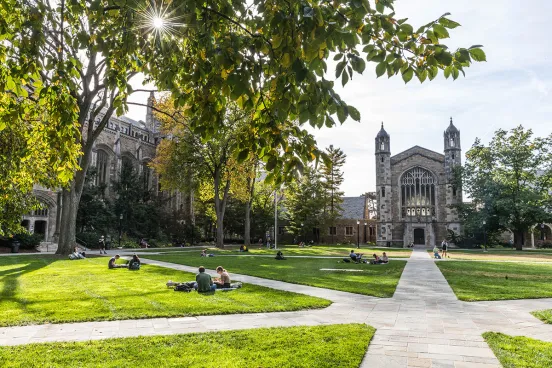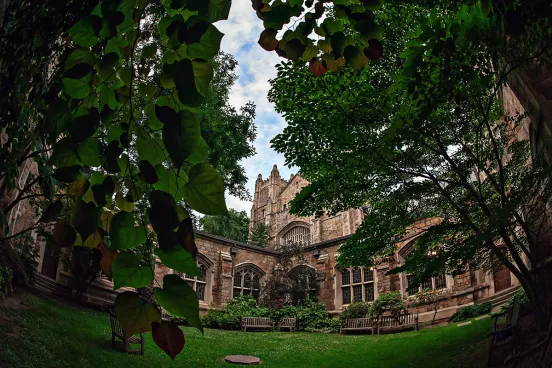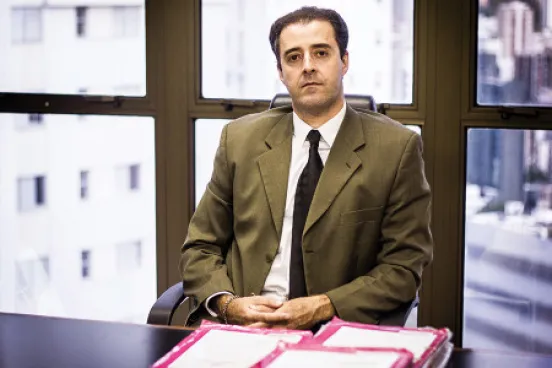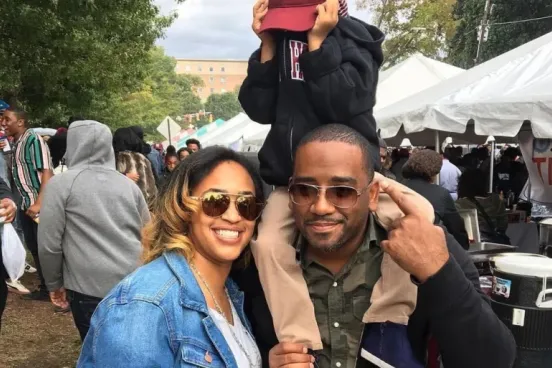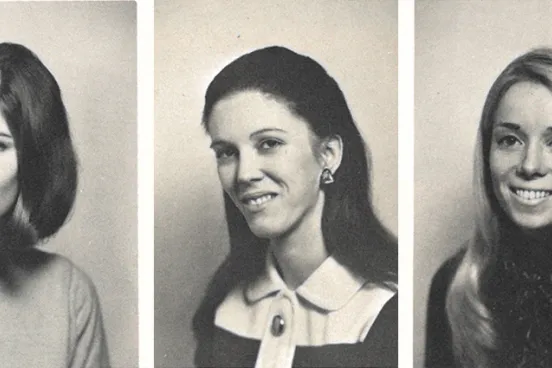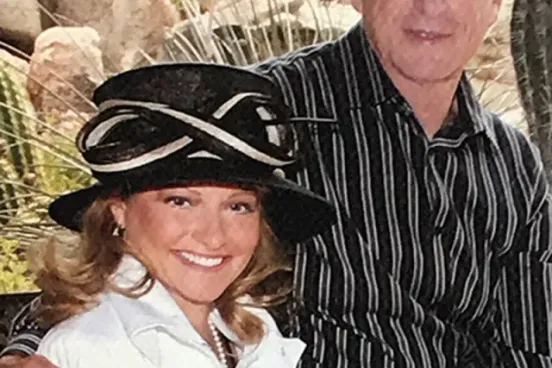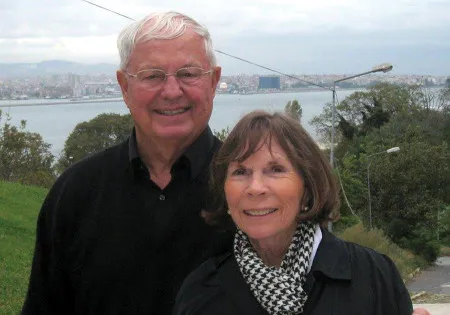
James P. “Jim” Kennedy, ’59, believes that lawyers who are leaders solve problems and work well with clients. He has documented a $400,000 bequest to create a scholarship that will help promising leaders consider the U-M Law School.
“The world needs more lawyers who want to do the right thing and solve problems, instead of creating them,” Kennedy says. “I want to help them get their start.”
Through his estate, Kennedy will endow the James P. Kennedy Family Law School Support Fund, providing scholarships to law students with strong academic credentials who also have demonstrated leadership abilities through involvement in intercollegiate athletics or other extracurricular activities.
Kennedy played football as an undergraduate at Washington University in St. Louis, and was elected to the Omicron Delta Kappa national leadership honor society. He says his involvement outside the classroom and in many jobs, including caddying, helped him better relate to people—valuable traits in law students and lawyers.
“We don’t want law students to spend their whole time in the library. They might be superb at analyzing cases, but they’ll be less effective in communicating with clients on critical issues.”
Kennedy believes one of the most valuable things he learned throughout his long career was to be collegial and respectful to everyone, and to make as many friends as possible.
During 56 years at Vorys, Sater, Seymour and Pease LLP in Columbus, Ohio, he applied that lesson to everyone from lawyers, to judges, to court and office staff members. Because of the relationships he built, Kennedy notes that he was the only attorney in the firm who knew the court personnel well enough to open courthouses on a weekend in an emergency.
In addition, he was elected by his peers to the American College of Trial Lawyers in 1981—a distinction awarded to a very small percentage of attorneys.
“Let’s just say you won’t find anyone who’s disrespectful in that group. We all know that behaving inappropriately only hurts our clients.”
Early in his career, Kennedy’s reputation gave him one of his most memorable and difficult cases, when the Hon. Joseph Harter asked him to represent Arthur Lee Davis, a 16-year-old accused of first-degree murder—a death-penalty case.
“I told the judge I don’t handle criminal cases, and he replied that he knew I was the guy to handle this one.”
After 20 months, Kennedy and his partner, Herb Brown, ’56, secured Davis’s acquittal.
Kennedy spent the majority of his career handling criminal and civil antitrust cases all over the United States, and represented Masaru Yamamoto in a plea deal as part of United States v. Archer Daniels Midland Co., the lysine price-fixing conspiracy case that sparked the book and the movie The Informant! Whenever he was involved in a complex case crossing state boundaries, Kennedy turned to the American College of Trial Lawyers and the Martindale Hubbell directory, for a listing of local attorneys with Michigan degrees.
Kennedy’s Michigan Law education was delayed because of his U.S. Army service in the wake of the Korean War. He remains grateful to Professor Roy Steinheimer, ’40, for deferring his admission for two years, and to former Dean of Students Roy Proffitt, ’48, for providing the scholarships that helped make his attendance possible. He recalls fondly his entire law school experience—from 8 a.m. classes on Saturdays; to attending football and basketball games; to having the Washtenaw County sheriff serve subpoenas to young women to attend the annual Crease Ball; to classmates and friends like Bob Branigin, ’59, Stan Hirt, ’59, George Parker, ’59, Sid Buchanan, ’59, Paul Victor, ’63, and others with whom he keeps in touch.
“Michigan was very good to me in so many ways,” he says, “and Edie [pictured above] and I are going to make sure we give it back. It’s that simple.”


